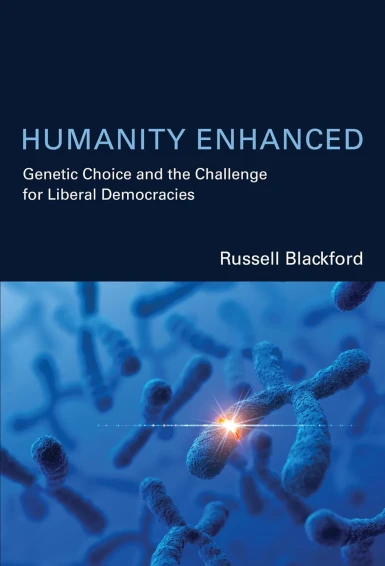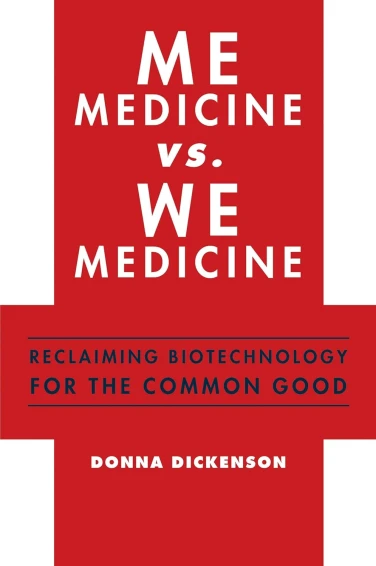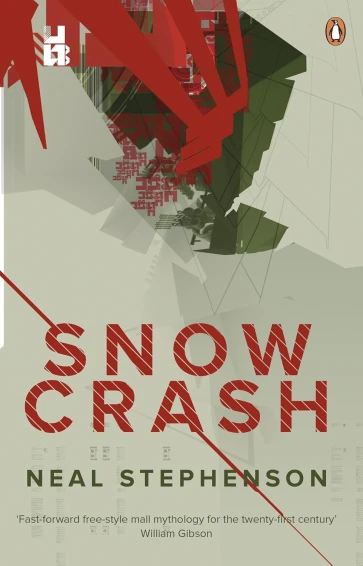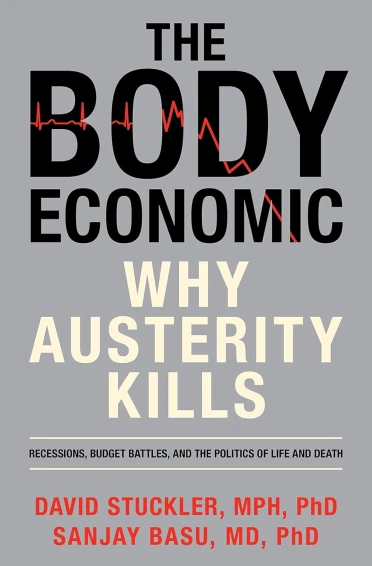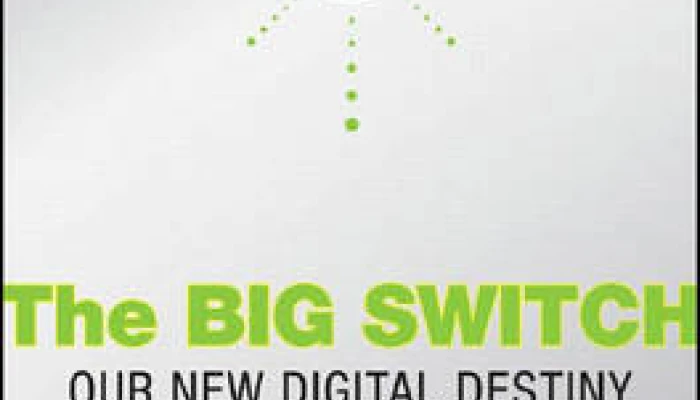
Nicholas Carr
ISBN 9780393062281
W W Norton & Co Ltd
£15.99 (paperback)
Nicholas Carr is the writer of Does IT matter? A book in which he argues that IT no longer offers businesses competitive advantage because any advances made are simply rolled out across entire industries – IT is a necessity, but it no longer offers strategic advantage. The Big Switch continues this argument but whereas his previous book focussed on the future of Information Technology companies this one considers how the internet and the web of information that goes with it will be affected.
The Big Switch is very readable and entertaining; it will even be appealing to those who have little interest in Information Technology. It is littered with historical examples, current trends and future views – all of which is very well written and adds to his central narrative.
The book is divided into two sections. In the first section Carr builds his case that IT is becoming a centralised utility and that this is inevitable. The second section of the book changes tone as Carr begins to unpack what he sees as the usually alarming consequences of this advancement.
In Part One Carr devotes a great deal of time to describing the development of the electricity grid and the move from electricity being privately produced to it being a centralised utility produced by the few for the many. Carr draws out the analogy between electricity and IT very clearly; however, he at times appears to be placing too great a burden upon the historical similarities between the two. His argument becomes more than an entertaining story when he begins to describe the current waste that is occurring in businesses at present:
“One recent study of six corporate data centers revealed that most of their 1,000 servers were using less than a quarter of their available processing power…As companies continue to add more applications, they have to expand their data centers, install new machines, reprogram old ones, and hire ever larger numbers of technicians to keep everything running. When you also take into account that businesses have to buy backup equipment in case a server or storage system fails, you realise that, as studies indicate, most of the many trillions of dollars that companies have invested into information technology have gone to waste.” (p56)
The reason that IT will inevitably become a utility is that there are huge savings to be made by centralising and combining IT, so as efficient ways to provide IT services become possible it will happen because whoever does it best will make a lot of money. As Carr points out, this is already happening because of the growth of the internet in recent years.
Part Two is a description of the changes that this ‘Big Switch’ will bring. The first major change will be what Carr calls the world-wide Computer. As Information Technology becomes increasingly centralised then the buying of software to install on computers will decline, and so will the owning of hardware. Instead, IT will be accessed through a variety of means; through mobile phones, televisions and even through our cars. This means that we will no longer be the owners of our information. We will have unprecedented access to IT but it will mean that our information and what we do with it will be stored by the world-wide computer – it will even know where we are almost every instant of the day.
The centralisation of electricity allowed manufacturing to expand and deliver their products over a wider area, this in turn meant that more efficient companies gained at the expense of the less efficient ones, and this concentrated wealth in the hands of a small number of companies. This did not mean a loss of jobs because as these companies grew they created new jobs. The switch in IT, Carr argues, will not have this effect. It will not concentrate wealth in a few companies, rather wealth will be concentrated in the hands of a few individuals. The world-wide computer offers a way to harvest the unpaid labour of the many and turn it into wealth for the few. This is highlighted in the many websites, like YouTube, that have made their creators very rich. “It was the members of [the YouTube] community who had, by donating their time and creativity to the site, made the two founders extremely rich young men.” (p143)
Many other jobs will suffer because of, what Carr calls, the ‘Great Unbundling’. It used to be that if you wanted to buy music, you had to buy an entire album, or if you wanted to read articles you bought a newspaper or magazine. Nowadays, you need only buy the songs you want and you can go to a website and access just the news and magazine articles that interest you. This will benefit popular sections such as sport, but it will make funding a news correspondent in Moscow rather less feasible, and why pay someone to review a book when you can get members of the public to review it for free. This will be the effect of the ‘Great Unbundling’; consumers will no longer have to buy the things that they do not want, and so there will be reduced cross-subsidisation. More alarmingly, Carr claims that this will lead to online segregation. People will be drawn together into culturally and ideologically homogenous groups because this will be the way to best target products and advertising.
Nicholas Carr makes a rather compelling argument that this switch is going to happen and that it will have far reaching effects. Whether or not it results in the future that Carr describes is still open to much debate – there are many other factors that could alter the course this technology takes. What is clear is that this is an important book because it highlights how advances in IT are poised to make radical changes to our lives, it is surely vital that we develop a better understanding of these changes, because, after all, “We shape our tools and thereafter they shape us.” John M Culkin.




